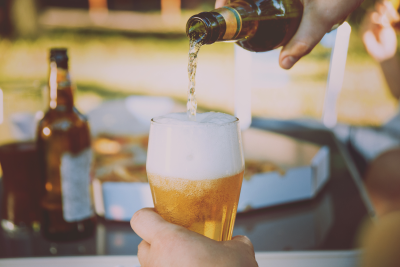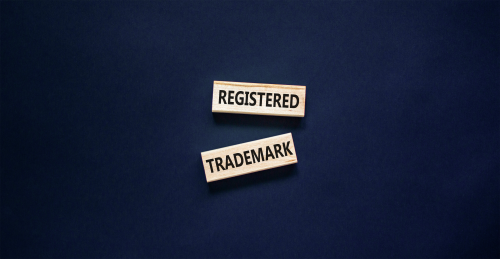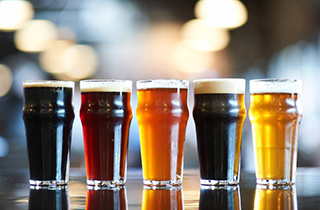In a recent trademark dispute, W. Clay Mackey opposed the registration of Lawson's Finest Liquids' trademark application for CHINOOKER'D IPA for beer. Mackey, the owner of a registration for CHINOOK for table wine and sparkling wine, raised concerns about likelihood of confusion and dilution by tarnishment. In response, Lawson's counterclaimed to cancel Mackey's beer registration, citing grounds of abandonment, mere descriptiveness, genericness, and fraud.
The Trademark Trial and Appeal Board (TTAB) considered the arguments and rendered a decision in favor of Lawson's. The Board granted Lawson's motion for summary judgment, canceling Mackey's registration for CHINOOK for beer on the basis of abandonment. As Mackey did not pursue his dilution claim at trial, the Board dismissed it, focusing solely on the issue of likelihood of confusion between CHINOOK for wine and CHINOOKER'D IPA for beer.
Testimony and Evidence
During the proceedings, both parties raised objections to testimony and evidence. However, the Trademark Trial and Appeal Board (TTAB) chose not to strike any of the submissions and instead focused on assessing the proper evidentiary weight. In a procedural error, TTAB included time for a counterclaim in the new trial order, even though the counterclaim had already been removed from the proceeding. In response, Lawson's Finest Liquids promptly filed rebuttal evidence, which Mackey objected to. The TTAB overruled the objection, taking into account the confusion caused by the incorrect trial order. The record of the case encompasses the initial pleadings, Lawson's application file, and the evidence submitted by both parties.
Mackey presented testimony and evidence including his own declaration, notices of reliance on various websites, copies of his trademark registrations, rebuttal testimony from himself and two other individuals, and a notice of reliance on a wine website. Lawson's Finest Liquids presented three individuals as witnesses, including an industry expert who testified about the beer and alcohol industry's understanding of the term "Chinook." They also submitted evidence from documents and websites to support third-party usage of the term. Notices of reliance submitted were by both parties, including those pertaining to third-party marks, craft beer consumers, and distinguishing wine and beer.
Mackey's entitlement to a statutory cause of action was established through registration of CHINOOK mark for table wine and sparkling wine.
Determining Priority and Genericness
Mackey's registration of the "CHINOOK" mark for table wine and sparkling wine granted him priority for those specific goods. However, when it came to Mackey using the "CHINOOK" mark to identify beer, he had to rely on common law rights. To establish these rights, he needed to demonstrate that the term had become associated with him as the source of the beer. Under the legal principle known as the rule of Otto Roth, a party opposing trademark registration must show that their term is distinctive in connection with their goods.
Lawson's presented evidence showcasing the popularity of Chinook as a hop variety within the craft brewing industry. Several sources were cited, including one that highlighted Chinook as the third most commonly used hop in beer production. The court delved into the notion of a "generic term" and the burden of proof required to establish genericness. It outlined a two-step process used to determine if a mark can be considered generic, with a strong emphasis on public perception. The court ruled that the term "Chinook" was considered generic in the context of beer. This decision was based on the fact that the public widely understood and perceived "Chinook" to be a descriptive term that referred to a key characteristic of the product. As a result, the term lacked the distinctiveness necessary to qualify for trademark protection in the beer industry.
Likelihood of Confusion
The TTAB assessed various factors to determine the likelihood of confusion. They acknowledged that CHINOOK is an arbitrary and inherently strong mark for wine. Both wine and beer are related products that are sold to overlapping customer bases through similar channels of trade. However, CHINOOKER'D IPA creates a distinct commercial impression, emphasizing the concept of "getting drunk on beer made from Chinook hops," which differs from the impression evoked by CHINOOK for wine, suggesting the Pacific Northwest.
Based on a careful evaluation of the factors at hand, the TTAB concluded that the dissimilarity between the marks outweighed other considerations. Consequently, they determined that there is no likelihood of confusion between CHINOOK for wine and CHINOOKER'D IPA for beer, leading to the dismissal of Mackey's opposition.





